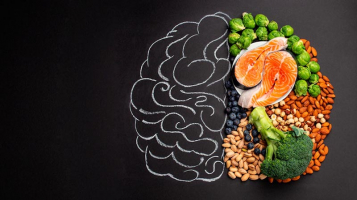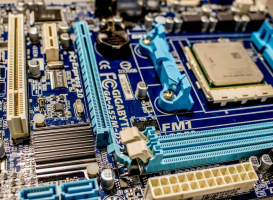Top 5 Best Ways to Keep Your Brain Healthy
As you get older, your body and brain will change. There are, however, some things you can do to help slow memory decline and reduce your risk of developing ... read more...Alzheimer's disease or other dementias. In this article, Toplist will introduce the best ways to keep your brain healthy.
-
According to new Italian research, working your leg muscles may be essential for getting the most brain benefit from physical activity. The researchers discovered that when you do weight-bearing exercise with your legs, the brain receives signals that stimulate it to produce healthy new cells. There are numerous known benefits to exercise, and it appears that regular physical activity benefits the brain. Several studies have found that people who are physically active are less likely to experience a decline in their mental function and are less likely to develop Alzheimer's disease.
People believe that these advantages are due to increased blood flow to the brain during exercise. It also tends to counteract some of the natural declines in brain connections that occurs with aging, effectively reversing some of the issues. Aim to exercise for 30–60 minutes several times per week. Walk, swim, play tennis, or engage in any other moderate aerobic activity that raises your heart rate.

Exercise regularly 
Exercise regularly -
Sleep is critical to your brain's health. According to some theories, sleep aids in the removal of abnormal proteins in the brain and the consolidation of memories, thereby improving overall memory and brain health.
It is critical that you try to get seven to eight hours of uninterrupted sleep per night, rather than two- or three-hour increments. Consecutive sleep allows your brain to consolidate and store memories more effectively. Sleep apnea is harmful to your brain's health and maybe the cause of your inability to get eight hours of uninterrupted sleep. If you or a family member suspects you have sleep apnea, consult your doctor.

Get plenty of sleep 
Get plenty of sleep -
Your diet has a significant impact on your brain health. Consider adopting a diet that emphasizes plant-based foods, whole grains, fish, and healthy fats like olive oil. It contains far less red meat and salt than the average American diet.
According to research, people who strictly adhere to a diet are less likely to develop Alzheimer's disease than those who do not. More research is needed to determine which aspects of your diet have the greatest impact on your brain function. However, people do know that omega fatty acids found in extra-virgin olive oil and other healthy fats are essential for your cells to function properly, appear to reduce your risk of coronary artery disease and increase mental focus, and slow cognitive decline in older adults.

Eat diet 
Eat diet -
Your brain is similar to a muscle in that you must use it or lose it. There are numerous activities you can engage in to keep your brain in shape, such as crossword puzzles or Sudoku, reading, playing cards, or assembling a jigsaw puzzle. You can consider it brain cross-training. In order to increase effectiveness, you should incorporate a variety of activities.
Today's paid brain-training programs frequently make promises they can't keep or concentrate on memorization skills that aren't useful in everyday life. Reading or solving puzzles can give your brain an equally good workout. Finally, you should avoid excessive television viewing because it is a passive activity that does little to stimulate your brain.
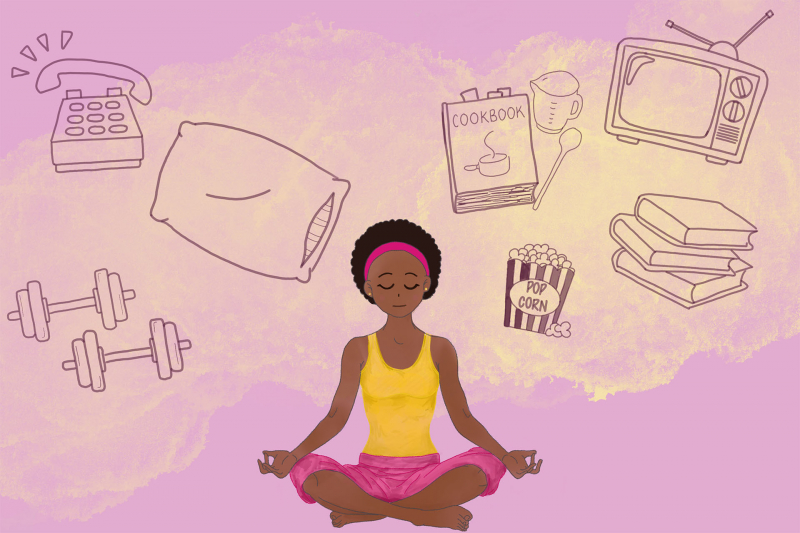
Stay mentally active 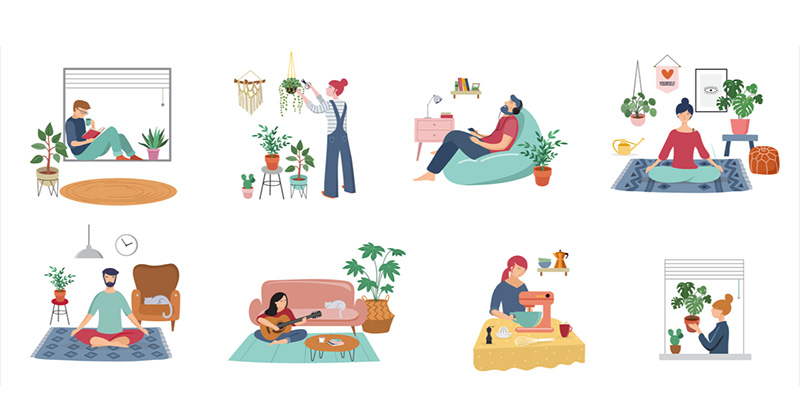
Stay mentally active -
Social interaction helps to prevent depression and stress, both of which can contribute to memory loss. You should look for ways to connect with loved ones, friends, and others, especially if you live alone. Solitary confinement has been linked to brain atrophy in studies, so staying socially active may have the opposite effect and strengthen the health of your brain.
You should also build new skills throughout your life, such as how to cook Indian food, play an instrument, or even learn the rules of new card games or travel to an unfamiliar city, helps keep your brain healthy by constantly creating new connections between brain cells. It is more beneficial to learn real-world skills than to play online "cognitive enhancement" games.

Remain socially involved 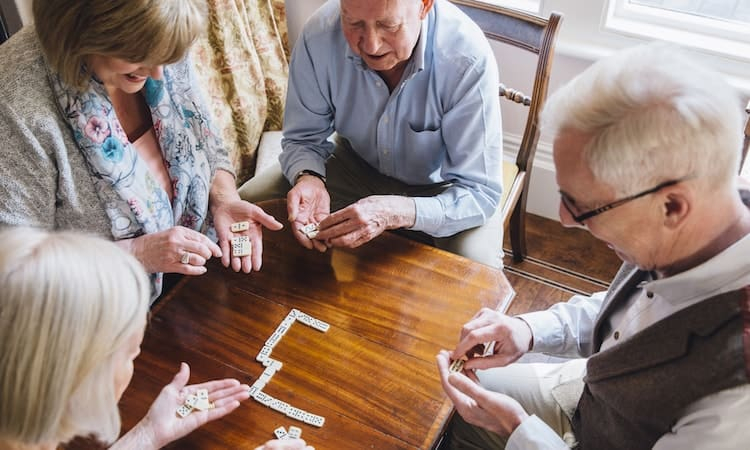
Remain socially involved










